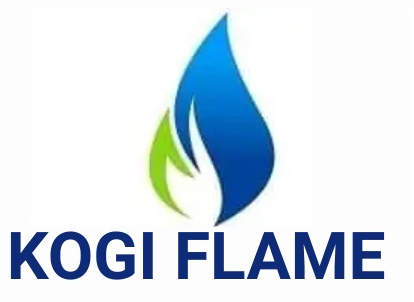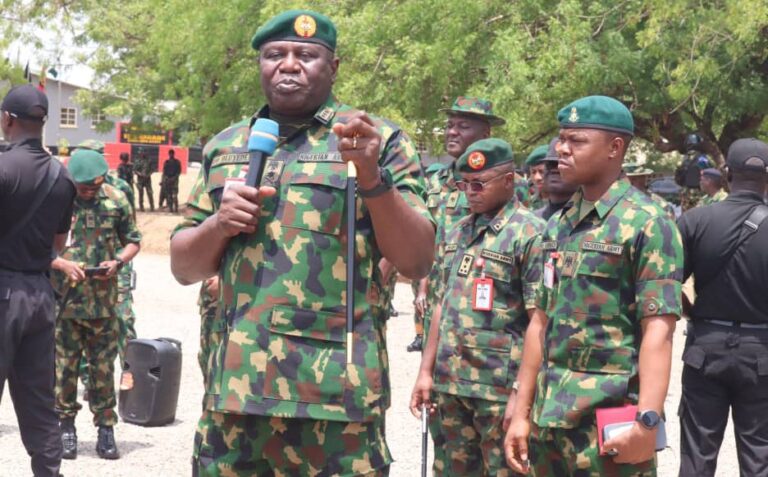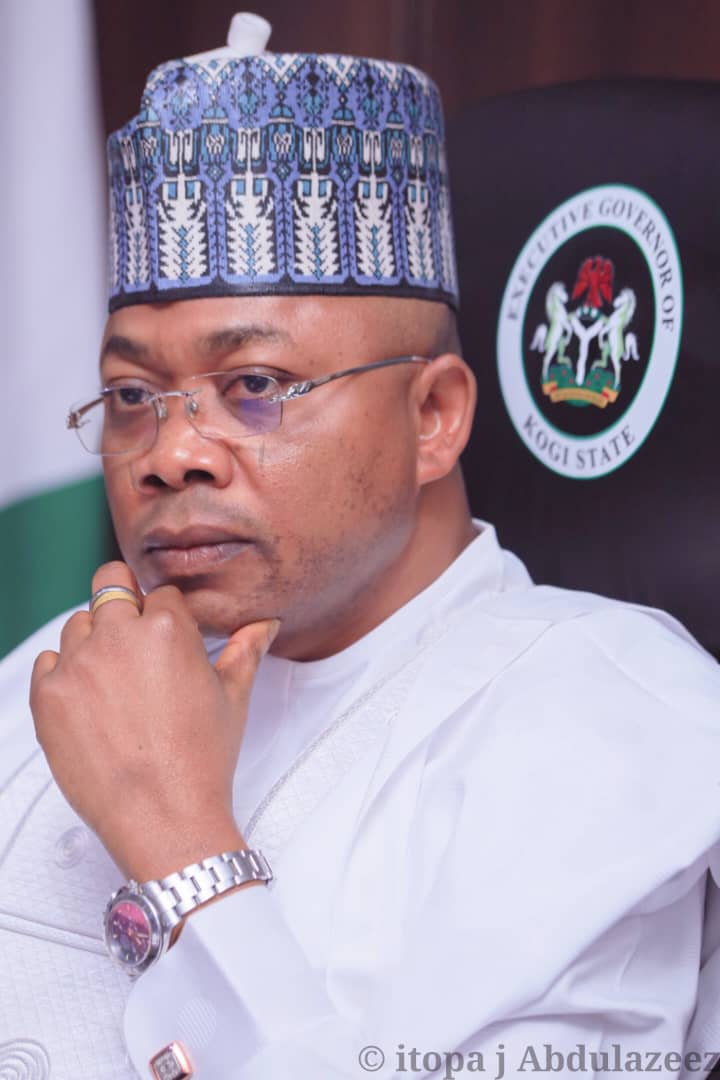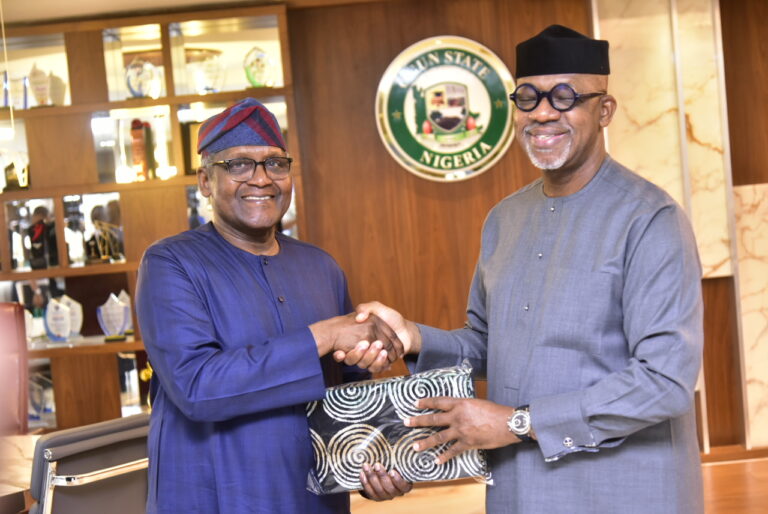Warning: Attempt to read property "post_excerpt" on null in /home/kogiflam/public_html/wp-content/themes/morenews/single.php on line 55


Background:
The announcement by the Kogi State Government through the new constituted State Independent Electoral Commission (SIEC) of polls to elect Chairmen, Vice Chairmen and Councilors into the 21 Local Councils on the 12th December 2020, gave a breathing relief to the perennial opacity of democratic governance at that level in the State. Several stakeholders including Civil Society organizations welcomed this action, which culminated in the take off of the official timetable for the elections.
Despite this general acceptance of the process, there has been a quite apprehension about the capacity of the Electoral umpire to deliver a free, fair and credible elections looking at the challenges facing the state in terms of political awareness and economic recession. This is also as the 2019 General Elections and the recently concluded Gubernatorial elections, left many pundits wondering if the Security of elections in the state will enable a free polls.
With all these concerns, there seem to be a steady and deliberate forward movement by SIEC towards achieving its set target, through the implementation of the timetable it set for the elections. It has held consultative meetings with stakeholders such as Political parties, Civil Society, to brief them on its preparedness and to solicit support for the success of the elections.
ISSUES OF CONCERN AND INTEREST
1. INTERNAL PARTY DEMOCRACY
The selection process of who represents the political parties was not sufficiently participatory and accommodative especially with the two leading political parties The All Progressive Congress (APC) and The People’s Democratic Party (PDP). Consternation of imposition of candidates and external interference in the selection process became rife and has led to demonstration and in some cases violence leading to destruction of properties and injuries.
The accusation especially with the ruling APC, of the interference by the Governor in imposing the entire candidates in the 21 LGAs lead to several meetings to douse tensions. This seems to have abated but is likely to resurface in another form if not tackled honestly. Local governments like Omala, Olamaboro, Adavi and Ijumu are flash points for these frustrations.
3. NON USE OF SMART CARD READERS
The announcement by the State Independent Electoral Commission (SIEC), that it was not going to use the Smart Card Readers for authentication of voters because it was not in the law establishing the commission, took many stakeholders by surprise. The importance of this statement convinced many watchers that the likelihood of free and credible polls was slim at best. This is coming on the heels of research that showed that there were significant quality issues with the Voter Register, which needed to be looked into.
4. SECURITY
The recent rise in security issues in the state especially post #EndSARS protest, is causing concerns for the security of those that will man the polls. This is in addition to the tension whipped up by the dissatisfaction of political party members from the selection process, will only make issues of security more challenging pre, during and post election. Local Councils to watch out for will include, Dekina,, Olamaboro, Lokoja, Ijumu, Adavi and Kabba.
Dekina:
This has always been the hotbed for electoral violence in the state, taking into consideration the 2 leading parties have fierce supporters in the council. The immediate past Governor Idris Wada hails from here and commands a large following.
Olamaboro:
This is the home place of the current Deputy Governor HE Edward Onoja. There is also a very fair number of opposition party members and members from within his party, who want to upturn his preferred candidate.
Lokoja:
This is at the centre of opposition to the Alhaji Yahaya Bello Administration. It has always shown its displeasure at imposition of candidates. The level of violence witnessed at the 2019 General elections and the Gubernatorial elections in November, has cemented its position as a local council flash point for election day violence. There is disquiet within the ruling party on the choice of candidate and this could play out on Election Day in form of disruption of the process.
Ijumu:
This is another perennial flashpoint due to the presence of a very colorful and divisive character in the person of the Alhaji Toofik Isah, who is the preferred candidate of the Governor, but who does not seem to enjoy much acceptance from his kinsmen. With the presence of Senators Smart Adeyemi who is the current Senator representing Kogi West Senatorial District and Senator Dino Melaye, who was the immediate past Senator and a chieftain of the opposition PDP, the tension will certainly be high.
Kabba:
This is the home council of the current Speaker Kogi State House of Assembly but has the member representing the Kabba Bunu/Ijumu federal constituency from the opposition PDP. There would be efforts made at consolidating on grounds made by both sides in previous elections
Adavi:
Issues of imposition of candidates in the ruling APC has led to severe crisis in the Party at the LGA level. Tensions came to a boil recently with the arrest and detention of a Highly revered Traditional ruler and some APC chieftains.
5. RECRIUTMENT OF ELECTION STAFFS
The alleged use of public servants in the state as adhoc staffs for the elections has generated fears within stakeholders of less credible polls. Despite the explanations from the commission, it is felt that as workers on the payroll of a State government that has little or no checks from the Legislature, that it should have sourced the adhoc staffs from outside the civil service.
6. FEMALE PARTICIPATION
The decision by the ruling APC to give all Vice Chairmanship positions to woman was a welcomed development, especially from the Civil Society. This was fairly adapted to some extent by the opposition PDP. This would mean that we would have the largest number of elected female politicians since the creation of the state.
7. ELECTION OBSERVATION
The electoral umpire has promised to accredit over 30 organizations who have indicated interest in observing the polls. It is however not clear if tags and jackets would be provided to them.
8. VOTER EDUCATION
The election is witnessing a very low drive towards getting the voters out on Election Day. There is very little evidence to show that elections of such magnitude will hold in the council. Rallies and campaign tours are at best scanty especially with the 2 leading political parties. There is almost an absence of posters and banners of candidates and their manifesto. However, 2 organizations, The Conscience for Human Rights and Conflict Resolution (CHRCR) headed by Idris Miliki Abdul and the Lokoja chapter of the National Youth Council, has developed and aired jingles on voter participation and to ensure that the elections are peace through signing of a Peace Accord respectively.
CONCLUSION
With 239 Wards and 2,548 Polling Units consisting of 1,646,350 Registered Voters, the task of presiding free, fair and credible elections by the State Electoral umpire seems daunting indeed.
___________________
HAMZA ALIYU
EXECUTIVE DIRECTOR




